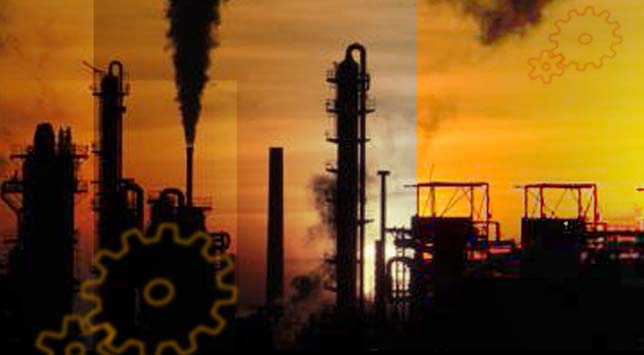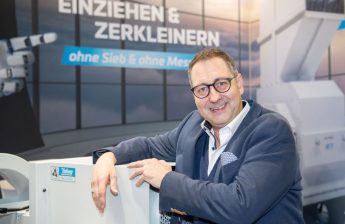Around five years ago, Suvarna Sane was looking for unique products to gift during a get-together. At one exhibition of women entrepreneurs, Sane came across upcycled products of reCharkha. “I was always an environmentally conscious buyer and the purses and totes from upcycled plastic appealed to me,” says Sane, a government servant. “My friends and relatives also appreciated them.”
Sane later learnt that Amita Deshpande and her team at reCharkha also accepted plastic bags as donation. “I went to her workshop, which was also their tailoring unit, with my plastic bags,” adds Sane. “I was impressed with their work and vision and now I am ensuring that my plastic waste goes to reCharkha. My daughters are also following this. I use a lot of reCharkha stuff: my lunch bag, sling purse, tote bag is all bought from reCharkha. If you compare their products, with other mass produced goods in plastic or other material, you are bound to think that reCharkha products are expensive. But if you think holistically about their work, about reducing plastic in our surroundings, the products are worth buying and gifting.”
reCharkha is not the only organisation working to reduce/reuse plastic waste. There are others too in Pune who are contributing in ways big and small towards that goal. We spoke to three women social entrepreneurs who are trying to create awareness about usage of plastic, dumping trash in the landfills and offering sustainable alternatives.
Amita Deshpande, founder of reCharkha, believes that the best way to fight plastic pollution is to ‘refuse’ it in the first place, ‘reduce’ it and lastly recycle it. The former IT engineer started reCharkha, a for profit entity that recycles or upcycles plastic bags into designer handbags, sling purses and so on.

“I have been trekking since my childhood and I found waste and trash in the valleys and mountains distressing,” says Amita. “I used to tell everybody to not use plastic. But not many seemed to understand the gravity of the situation. I took the decision of leaving my IT career, and took up a Master’s programme in America focusing on sustainable development. I returned to India in 2013 and started Aarohana Eco-Social Foundation as a consultancy. We took up a lot of projects on CSR and sustainability. However, I realised that I wasn’t satisfied doing only consultancy. We took up this project of recycling plastic bags in 2015. This year, my business partner in Aarohana decided to part ways, and so we dissolved Aarohana. Almost immediately, I founded reCharkha Ecosocial.”
The project of recycling plastic bags also focused on generating livelihood as Amita realised she could convince people to be more environment conscious only when they had food in their tummy. “We decided that we will take up a role in livelihood generation with a focus on waste management. This project was born as a result. It has been more than five years now that I have been in this field and it has been a good journey,” she adds.
With the help of her family, Deshpande built a few rooms in Silvassa (Dadra and Nagar Haveli UT), where she hails from. She employs 12 tribal youngsters who clean and sanitise the plastic bags in water and bio-degradable solution and then they cut the bags into strips. These strips are then woven onto the looms. The making, designing and marketing of the bags was developed in Pune.
“Currently, all our products are sold online,” says Amita. “We have about 20 products including cushions in home décor, electronic cases, sports bags, besides totes, purses and pouches. We can customise gifts for festivals and New Year. The clients can list what they would like, sizes, shapes and colours and we will put the hampers together for them. They can also gift vouchers, starting from Rs 500 to 5000, from reCharkha.”
Educating people
Journalist Mita Banerjee is part of Team Miracle, which works as a support group for paraplegic soldiers, poor cancer patients, orphans and destitute women in Pune. In recent years, Team Miracle has also taken up a range of environmental activities. She and her team are educating citizens on how to segregate their garbage and how to recycle it.
“It’s difficult to set a specific date when we started,” says Mita. “As a journalist, I had come in contact with some social organisations who were rendering much-needed help in many sectors. We became a link between those who need help, and those who want to give help. About six years ago, when Prime Minister Narendra Modi started the Swachh Bharat Abhiyan, Team Miracle began to include various environmental activities, as Eco-Warriors”.
Resource: https://citizenmatters.in/pune-sustainable-alternatives-from-plastic-waste-22291






